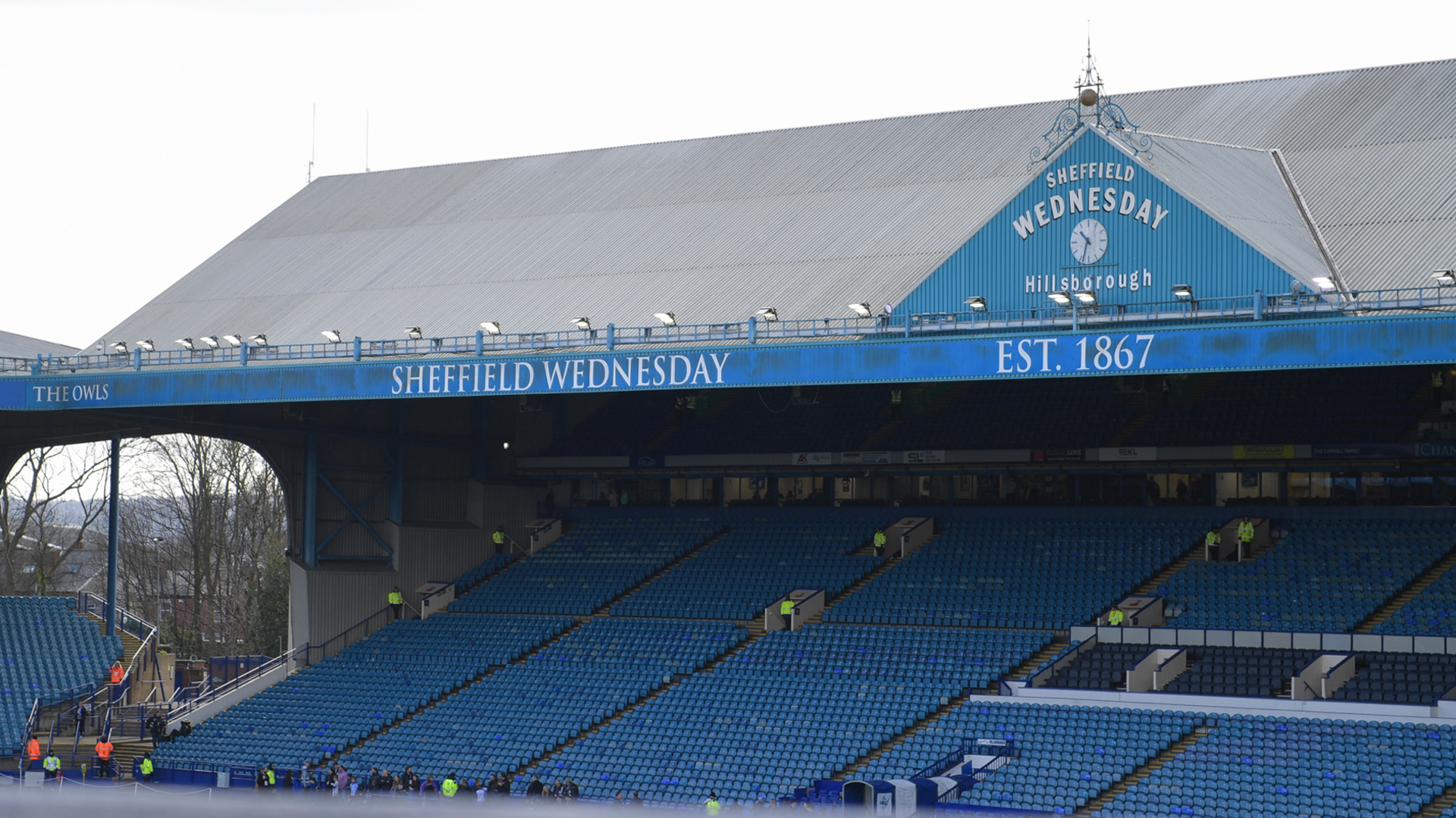What does it mean when a club enters administration?

- Published
Sheffield Wednesday have been placed in administration - but what does that mean?
When a company, such as a sports club, becomes insolvent - meaning it can no longer pay its debts - directors can choose to appoint administrators to assess whether it can carry on operating, or if it needs to be sold.
Administrators are accountants licensed in insolvency cases, and can also be appointed by a court if it is proven a club is insolvent.
Responsibility for running the club - other than what happens on the pitch - is passed from the owners to the administrators for a 12-month administration period which is automatic, though can be shortened or extended if needed.
After a period of administration, a club will either have been saved, gone into liquidation, or been dissolved.
As well as meaning the future of the club is assessed, being placed into administration protects the club by enforcing something called a statutory moratorium. This temporarily shields the club from legal action by debtors while financial restructuring plans are prepared by administrators.
Get in touch
Send us your questions
What does administration mean for a football club?

Sheffield Wednesday are now facing a 12-point deduction in the Championship
The most immediate impact for a football club of entering administration is a large points deduction.
Sheffield Wednesday have been docked 12 points, which is the penalty set by the EFL for clubs entering administration. They were already bottom of the table, but are now even further adrift.
Derby County, in 2021, were the last EFL club to enter administration, and were also docked 12 points.
Portsmouth are the only team to have entered administration while in the Premier League. They were deducted 10 points in 2010.
In addition to points deductions, clubs may lose key players or facilities as administrators have the option to sell off assets to bring in money.
What happens during administration?
There is a specific order in which football club creditors must be repaid.
'Football super creditors' are top of the hierarchy. That includes players, managers, outstanding transfer fees to other clubs, the Professional Footballers' Association, and the Premier League or EFL.
That can leave other suppliers - such as hospitality or utilities - and club staff left with money owed to them.
If the club cannot pay the 'super creditors', it may be forced into liquidation, spelling the end of the club.
That happened to Scarborough in 2007 and Chester City in 2010. Both clubs reformed - as Scarborough Athletic FC and Chester FC respectively.
Rangers FC entered liquidation in 2012 and were dissolved, restarting under new ownership in the fourth tier of Scottish football.
If enough money is brought in through the administration process - potentially by new owners - clubs can continue to operate.
This article is the latest from BBC Sport's Ask Me Anything team.
What is Ask Me Anything?
Ask Me Anything is a service dedicated to answering your questions.
We want to reward your time by telling you things you do not know and reminding you of things you do.
The team will find out everything you need to know and be able to call upon a network of contacts including our experts and pundits.
We will be answering your questions from the heart of the BBC Sport newsroom, and going behind the scenes at some of the world's biggest sporting events.
Our coverage will span the BBC Sport website, app, social media and YouTube accounts, plus BBC TV and radio.